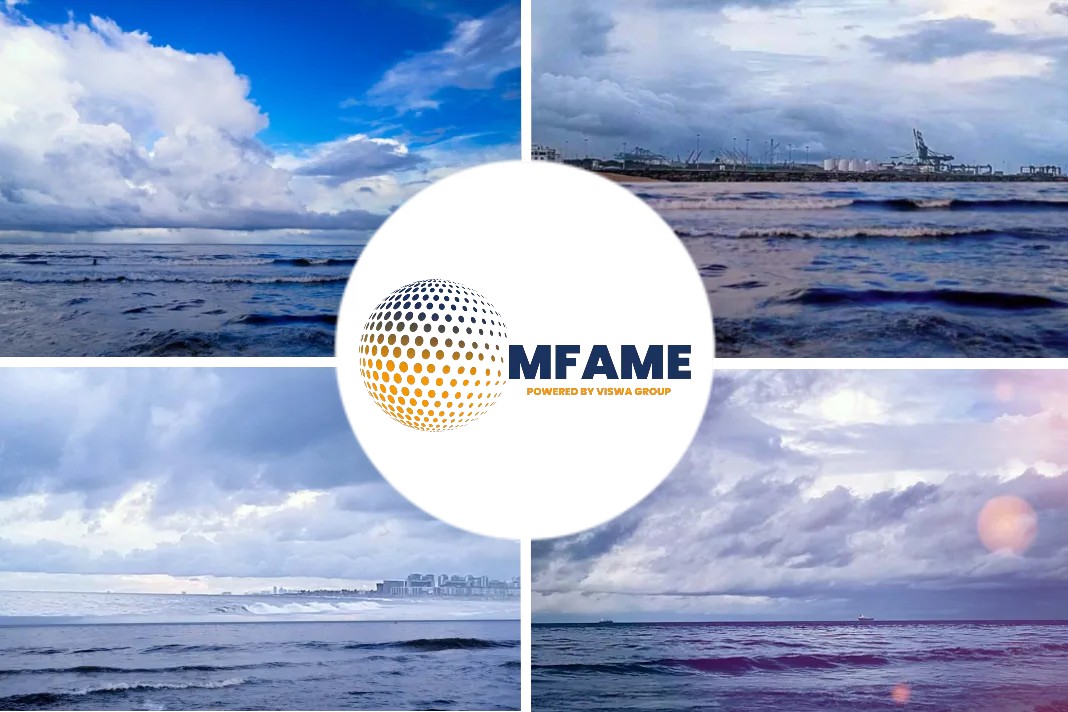
The technology group Wärtsilä has successfully tested its remote guidance software, says an article published in The Royal Institution of Naval Architects website.
How is the new software beneficial?
The company’s latest service has created a new dimension in vessel repair and maintenance operations.
Through real-time communication using voice-controlled Augmented Reality wearables and remote guidance software, ship crews, field engineers and shipyard personnel to connect with shore-based experts worldwide.
The tests were carried out onboard the Huckleberry Finn, a RoRo ferry operated by TT-Lines, while the vessel sailed between Trelleborg, Sweden and Travemünde, Germany.
Tests met onboard safety standards
Simulated service was conducted on the ship’s navigation equipment on the bridge and on the shaft line seals and bearings in the engine room.
All tests met onboard safety standards and were monitored in real-time by Wärtsilä personnel located in Gothenburg and Hamburg.
Means of communication tested
In order to access WiFI for video session, a portable on-deck LTE antenna was installed on the vessel. it is reported that it was able to supply a strong signal whenever needed.
In its announcement, Wärtsilä stated the tests verified the effectiveness of the AR wearables as a means of communication.
Wärtsilä service engineer onboard 24/7?
“The overall evaluation of this testing programme endorses Wärtsilä’s strong capabilities in remote guidance service,” said Thomas Pauly, future technologies product manager, seals and bearings, at Wärtsilä Marine.
“It’s like having a Wärtsilä service engineer onboard 24/7.”
Smart Marine Ecosystem
These remote guidance services are a step towards the company’s larger vision of a Smart Marine Ecosystem – a system that uses smart technology to create greater efficiencies, connections and provide customers with a more holistic lifecycle management service.
Wärtsilä’s remote guidance service also proved successful during a demonstration in the TT-Lines office, during which remote guidance opportunities for use in dockings and shipyard overhauls were discussed.
Other companies testing the technology
Other companies have also been testing out the potential of wearable technology in the maritime industry.
Lloyd’s Register offers remote inspections of manufacturing sites while Kognitive Spark – a Canadian-based tech start-up – has recently partnered with the Royal Canadian Navy to help improve ship maintenance using a mixed reality headset.
Did you subscribe to our daily newsletter?
It’s Free! Click here to Subscribe!
Source: RINA















